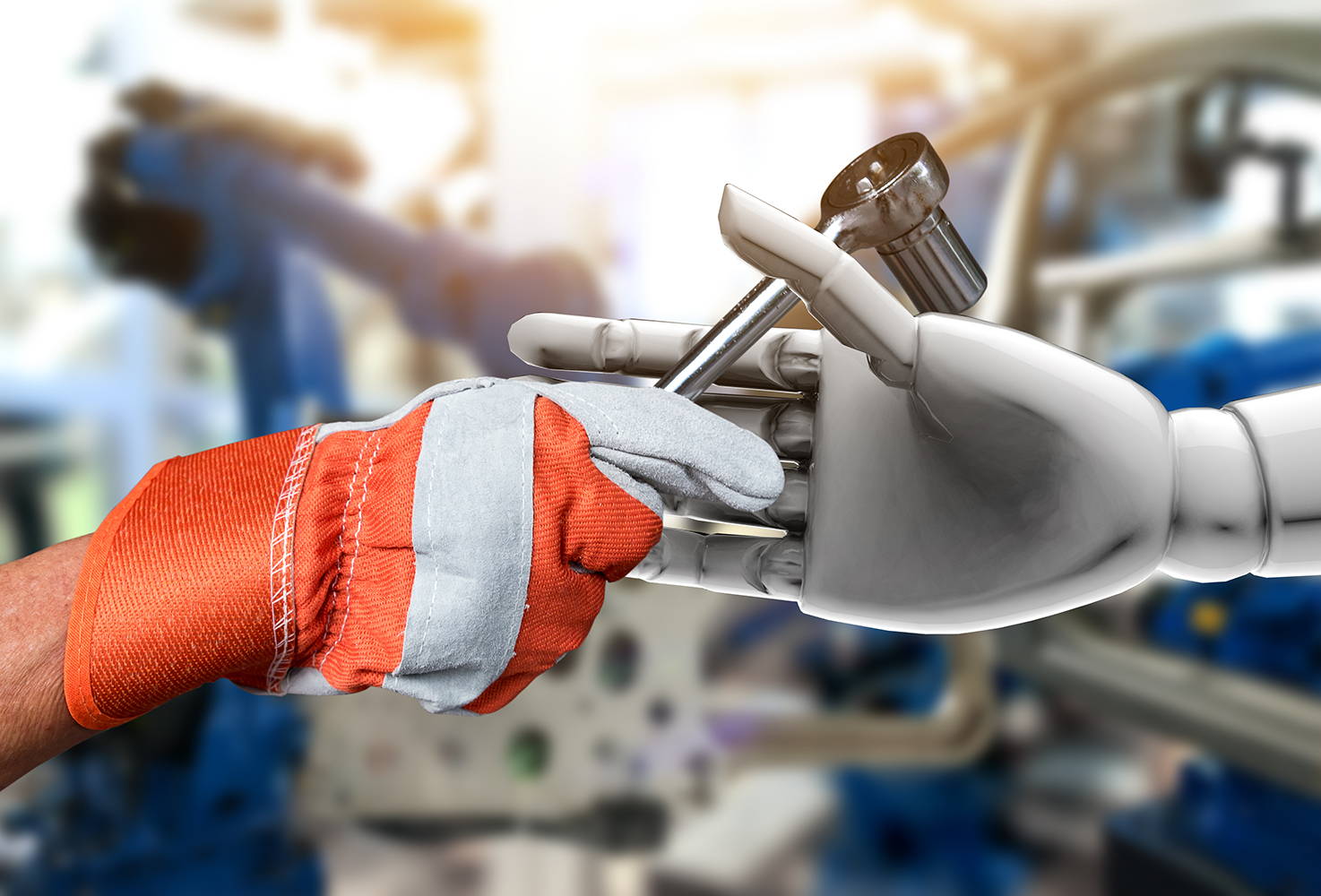AI is often misunderstood by those who lack education or training in the technology. This interview with Max Versace, CEO and co-founder, Neurala offers some new insights into the technology.
(this article has appeared on October 6, 2019 in Interesting Engineering – by Ariella Brown)
AI is certainly on the rise, despite some of the concerns some have expressed about it leading to doomsday scenarios or a devastating loss of jobs, as described in AI Attitudes: What the Experts Consider of Concern. There is no cause for concern insists Max Versace, CEO and co-founder of Neurala, who explains the benefits that AI offers now and in the future for improving workflows.
Is fear of AI holding businesses back from reaping its benefits now?
Fortunately not. In the 1970s, when computers were introduced in enterprises, there was an equally brief and illogical fear that they would take over from humans. The reality is that they augmented us, and the same will be true for AI, despite a few malicious attention-seeking critics spreading fears otherwise.
When it comes to AI and enterprises, many have already begun to implement AI as a part of their business and digital transformation strategy. In fact, about 80% of organizations are already using AI in some form. However, an overwhelming 91% of companies foresee significant barriers to AI adoption, such as a lack of IT infrastructure and a shortage of AI experts to guide the transition.
So, the problem is not fear of AI, rather a lack of education, training and tools preventing businesses from fully realizing the benefits of AI. That’s why there is a need to democratize AI across industries, so that anyone – not just engineers and data scientists – can build AI.
Think of it this way – we need a WordPress for AI: something that allows anyone to build AI, in that same way WordPress made website development accessible for all, without needing extensive expertise.
Only then will organizations be able to truly capitalize on the benefits of implementing AI into their workflows.
Is the fear grounded in actual threats or just the fear of the unknown due to the lack of transparency that makes AI appear to be a black box? Do you see that changing?
If you look at who is warning us about impending AI apocalypses, they are invariably AI outsiders that do not understand much about AI. As someone who has worked in the field both in academia and industry for a couple of decades, I see AI as a fantastic tool that can help make machines less dumb and more useful for us – augment productivity and help us re-allocate our time to more creative and critical tasks.
Also, as I mentioned earlier, there is a lack of accessibility and training around AI which has likely resulted in a lack of understanding. I think that if we can find a way to truly democratize AI, it will go a long way in terms of changing people’s opinions.
Take the manufacturing industry for example – there is a lot of fear that AI, robotics and automation will take people’s jobs. But this is not the case.
In fact, AI has the ability to augment the workforce, providing new opportunities.
For industrial product managers, one of the biggest challenges is quality control. Product managers struggle to inspect each individual product and component (no human can inspect hundreds of products coming out of an industrial machine every second!), while also meeting deadlines for massive orders.
Moreover, humans are notoriously bad at visual inspection tasks, so why not delegate these tasks to AI? This will free up time for workers who can now focus on other tasks rather than spending time doing visual quality control.
Once people become more educated and learn how to work with AI, I think we’ll see much more positivity expressed about it as it becomes an integral part of business processes.
How do you picture it working? Is it feasible for any employee to just start using AI with only minimal training?
Yes, it is definitely possible for “non-AI experts” to work with AI, and while some training on-the-job will be needed, people don’t necessarily need a PhD to be able to work with AI, as many people assume.
By some estimates, there are only about 300,000 AI engineers worldwide, but millions are needed to keep up with advancements in the field and deliver on the technology’s promise – so we can’t solely rely on people with an AI education to bring this to fruition. For young tech professionals and established industry workers alike, it will be important to look for tools that can simplify the process given most people do not have the time or resources to get a PhD in AI.
That is part of the inspiration behind Neurala’s Brain Builder platform: an end-to-end SaaS platform to streamline the creation of custom vision AI solutions. Here at Neurala, we are on a mission to lower the barrier to entry when it comes to AI development, so Brain Builder is an easy-to-use platform that streamlines creation, deployment, and analysis of custom vision AI solutions.
I strongly believe that tools such as Brain Builder are the first step to introducing AI to people in all roles and functions, even those with minimal training and expertise.
How do you picture the future of AI in business? How would it differ from the current use of AI?
As we all know, there are endless opportunities for AI in business across industries. From industrial and manufacturing to robotics and retail, AI has the power to completely change the way we live and work. As previously mentioned, incorporating vision AI into industrial and manufacturing settings has the potential to save workers time, allowing them to focus on innovating and product development.
We envision a world in which humans don’t fear AI, but rather see it as an integral part of their day-to-day lives – much as the personal computer has become an innate part of daily work and living.
In 2030, we will look at AI in the same way we look at computers, cars, tractors, power tools… nobody in their right mind would go back to the typewriters, chariots, and the plow, so nobody will want to go back to non-AI powered tools, they will just be more productive and useful.
As an example, Neurala is working with companies, such as Badger Technologies, a product division of Jabil, to develop an AI system that can quickly and accurately identify potential hazards on supermarket floors as robots traverse store aisles safely alongside customers.
With the help of Neurala’s AI, Badger relieves customer service from some repetitive tasks so they can focus on customer service, namely, interacting with humans in the store.
How unexpected, that AI can help humans interact more with each other! These are some of the non-intuitive, positive applications of AI, and more are on the horizon.
In January Gartner predicted that we will see an increase in “self-service” analytics. Is your company contributing to that?
Yes, but analytics is just the beginning. What we envision – and have built at our company – is a self-service platform where anyone can create vision AI, whether they are an expert or a beginner. In a sense, it is bringing analytics to a new dimension, where there is ‘more of the human touch’ inside the software than ever before, freeing us to devote our thinking and perception to high-level tasks.

